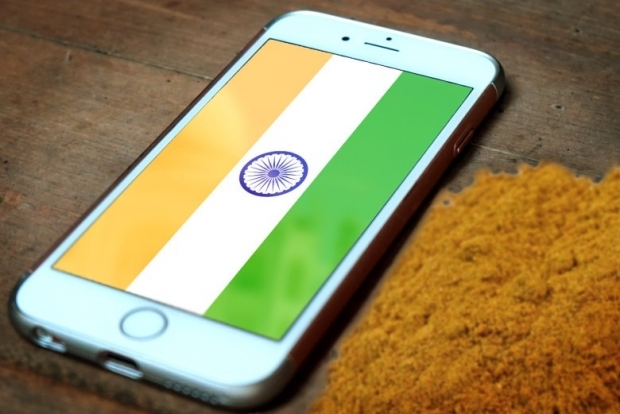The Indian government insists that Apple install its official anti-spam all in its software. It is no big deal and much less than handing over all users' data to government approved data centres, like the Chinese demanded and Apple did.
For almost two years, Apple has battled India’s telecom regulator over a demand that it allow the use of the government’s anti-spam app. Non-compliance, the watchdog threatened last month, could result in phones being “derecognized” from the country’s networks, meaning they would no longer function.
The app has been available on the Android store since 2016, but Apple in March told Reuters that TRAI’s app “as envisioned violates the privacy policy of the App Store”.
The new version of its iPhone operating system, expected in autumn, will allow many of the app’s functions but not fully automatic spam filtering as that functionality could open the door to Apple users being tracked by third parties, Apple said in a letter to regulators.
TRAI, however, last month notified Indian telecom firms it could give them six months notice to “derecognize” devices from their networks if the devices do not support anti-spam apps that are approved by the government.
In the letter, dated June 18 and responding to a draft of the proposed notification, Apple asked for the clause about derecognition to be dropped.
“We look forward to working with TRAI to address the issue of unsolicited commercial communications, while simultaneously ensuring that we fully honor our commitment to protect the privacy and security of our users”, Apple’s head of public policy in India, Kulin Sanghvi, wrote in the letter which was seen by Reuters.
The Indian Cellular Association has also come out in opposition to the regulator’s move.
TRAI Chairman R.S. Sharma said the notification could not be quashed or challenged by writing a letter.
“The most appropriate way to challenge this is in court”, he said.
India has been a headache for Apple since it started to try to enter the country. Not only did the country refuse to hand over huge tax breaks for “the privalige” of having Apple’s august presence in the country, it actually taxed the iPhones more. India’s insistence that there are local content prerequisites have also stopped the US tech giant from opening its own stores. The lack of direct sales channels has helped make it vulnerable to discounting and prompted it to recently embark on a major overhaul of its retail strategy.

